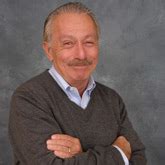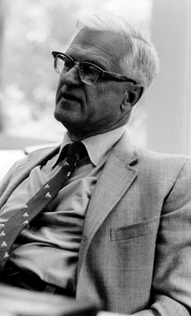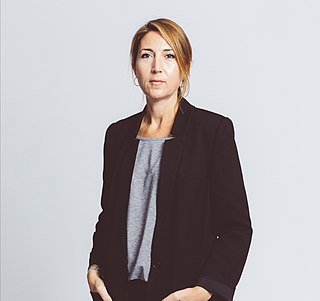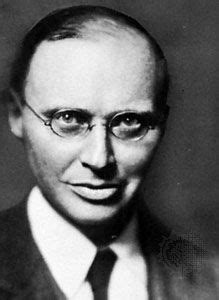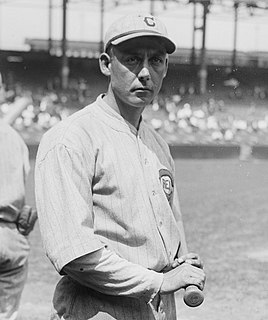A Quote by Elie Wiesel
I remember, May 1944: I was 15-and-a-half, and I was thrown into a haunted universe where the story of the human adventure seemed to swing irrevocably between horror and malediction.
Related Quotes
We are born haunted, he said, his voice weak, but still clear. Haunted by our fathers and mothers and daughters, and by people we don't remember. We are haunted by otherness, by the path not taken, by the life unlived. We are haunted by the changing winds and the ebbing tides of history. And even as our own flame burns brightest, we are haunted by the embers of the first dying fire. But mostly, said Lord Jim, we are haunted by ourselves.
Each of us is born with a series of built-in confusions that are probably somehow Darwinian. These are: (1) we're central to the universe (that is, our personal story is the main and most interesting story, the only story, really); (2) we're separate from the universe (there's US and then, out there, all that other junk - dogs and swing-sets, and the State of Nebraska and low-hanging clouds and, you know, other people), and (3) we're permanent (death is real, o.k., sure - for you, but not for me).
As we begin the 21st century, the Hubble space telescope is providing us with information about as yet uncharted regions of the universe and the promise that we may learn something about the origin of the cosmos. This same spirit of adventure is also being directed to the most complex structure that exists in the universe - the human brain.
The Universe story is the quintessence of reality. We perceive the story. We put it in our language, the birds put it in theirs, and the trees put it in theirs. We can read the story of the Universe in the trees. Everything tells the story of the Universe. The winds tell the story, literally, not just imaginatively. The story has its imprint everywhere, and that is why it is so important to know the story. If you do not know the story, in a sense you do not know yourself; you do not know anything.
Jack Kerouac seems to have been preoccupied with the question of duality from a very young age. He seemed to feel that there was more than one person inside him. Indeed he would veer from friendly, open and so on to someone who was angry. In a way, there was a swing also between his American self and what he later called his Franco-American older brother. There was a swing between the deeply introverted part of himself and the person he became out in the world, having to act in an extroverted way.
There’s always been a need for horror fiction, though - ghost stories have been a staple of every human society since the beginning of recorded literature - and while commercially the field may have its ups and downs, it will never go away. Hell, look at the Bible: gods, devils, ghosts, witches, giants, resurrections. That’s one big horror story. And it’s the most popular book on the planet.
It is possible that our race may be an accident, in a meaningless universe, living its brief life uncared for, on this dark, cooling star: but even so - and all the more - what marvelous creatures we are! What fairy story, what tale from the Arabian Nights of the jinns, is a hundredth part as wonderful as this true fairy story of simians! It is so much more heartening, too, than the tales we invent. A universe capable of giving birth to many such accidents is - blind or not - a good world to live in, a promising universe. . . . We once thought we lived on God's footstool, it may be a throne.
There is not one person who can fulfill all your needs. You may choose a partner who is your intellectual equal, and he may not be your most compatible sexual partner. And then there's the duality between security and adventure. A relationship that gives you plenty of novelty, and adventure, may not provide the stability you long for. Time, continuity and familiarity with somebody gives you other things in life but won't necessarily give you the kind of intense lustful experiences that you may have when you first meet someone and are curious about penetrating the mystery of them.




